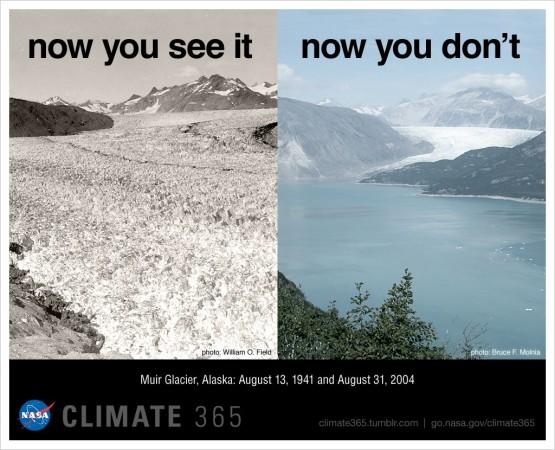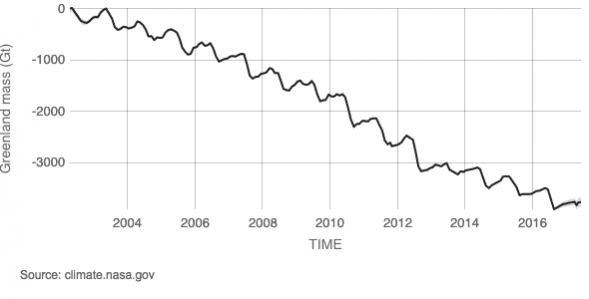
Three new islands have surfaced in the defrosting Arctic, left behind by melting glaciers, indicating the sea level fluctuations.
As warming masses of ice retreat far from the Devon Ice Cap in the Canadian Arctic, glaciologist Mauri Pelto as of late spotted on satellite pictures the "release," of these three new islands. This geographic change is a continuation of the change currently unfurling in the Arctic, where things are warming over twice as quick as compared to the rest of the planet, and in a few places much quicker.
"The far north Canadian Arctic is one of the most quickly warming places in the world," Luke Copland, who researches glaciers and ice caps at the University of Ottawa, said in an interview, according to Mashable.
"On an average island you could fit a small town," noted Copland. "These are not tiny pieces of rock."
"This is probably the biggest group [of islands] I've seen being released," added Pelto.
The retreat of these glaciers is known as the albedo effect, which is the capacity of land to reflect sunlight into space — and in this way decrease warming. Snow is a good daylight reflector, but warm temperatures melt snow, leaving the glaciers to ingest heat and melt much quicker.
The shrinking has come into effect in the east, in Greenland as well where the ocean is getting relatively warmer.

Researchers have observed shrinking of the glaciers since the 1960s, but things started to increase in the late 1990s, the reason, obviously being the rise in global warming, as industries all across the globe kept on magnifying.
"As far as looking toward future, we're not seeing confirmation for the stoppage of what's occurring," said Copland. "It's anything but difficult to lose and melt glaciers. They'll retreat for the following a few hundred years."
This phenomenon raises questions about what is being done to combat global warming, the results, and the consequences of which are quite inevitable. However, recent approaches by the US as it pulled off from the Paris agreement, and the reliance on biofuels inevitably point toward a bleak future, unless the state becomes more aware and adaptable.

















